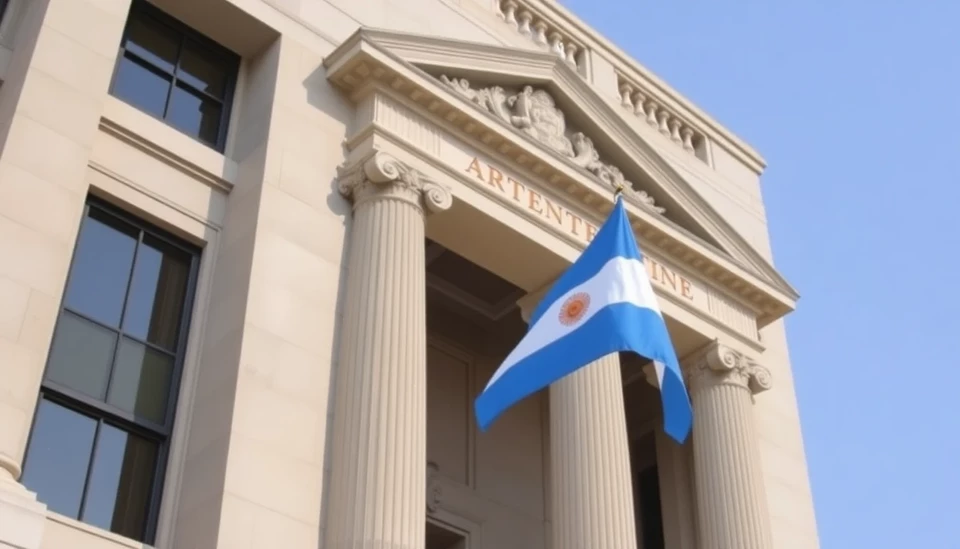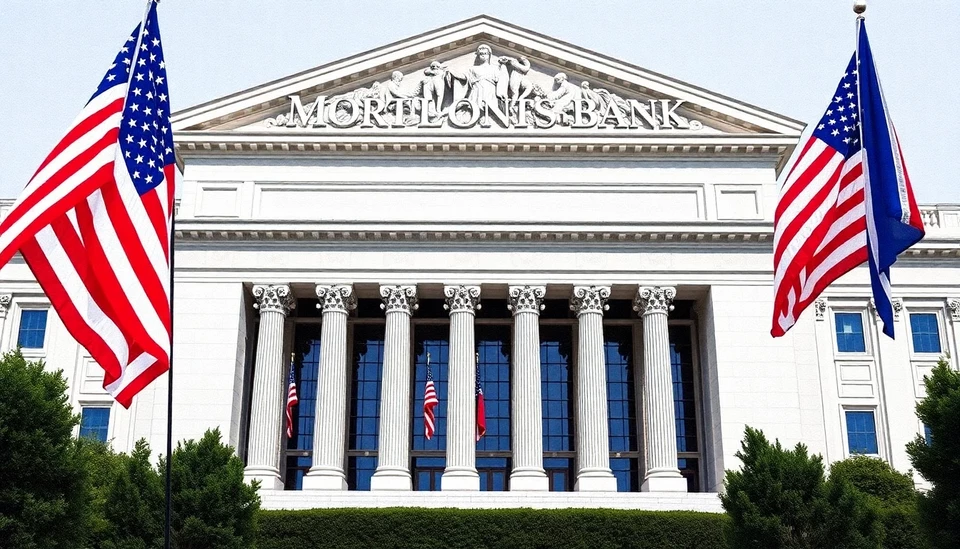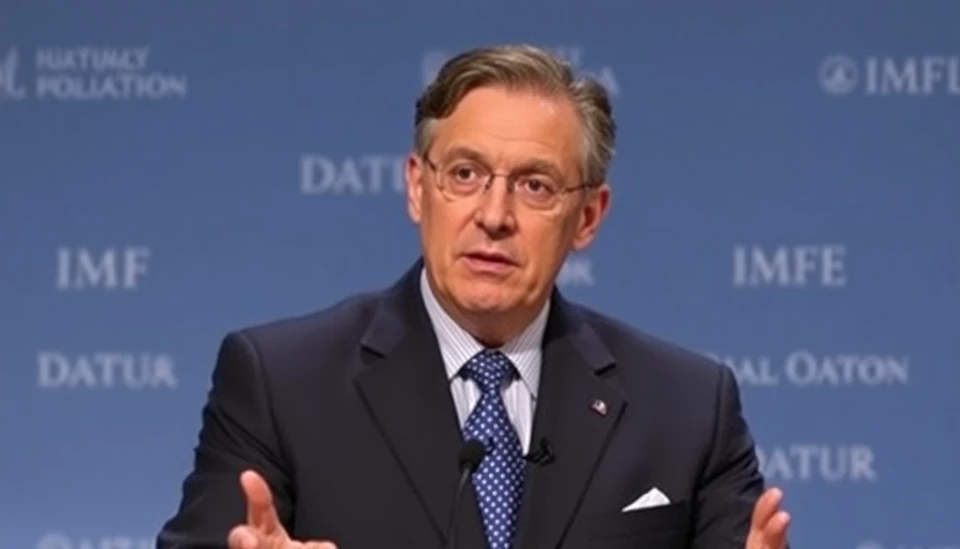
The International Monetary Fund (IMF) is currently in discussions with Argentina regarding a loan arrangement aimed at superseding an earlier $44 billion agreement. This financial dialogue comes as the South American nation is grappling with severe inflation and economic turmoil, further complicating its financial recovery efforts.
Argentina has found itself in a precarious economic position, characterized by soaring inflation rates that have consistently hovered around 124%. The current government's approach to managing these economic challenges has been met with public dissatisfaction, leading to protests and demands for better living conditions amid the persistent economic strain.
As officials from the IMF convene with Argentinian leaders, the proposed loan is seen as a pathway to stabilize the nation’s troubled economy. The previous deal, established under former President Mauricio Macri in 2018, has been contentious and difficult to manage; its repayment terms have proven unsustainable under current economic conditions.
The IMF’s interest in negotiating a new loan arrangement underscores the pressing need for comprehensive financial support in Argentina, where the economic crisis has profound implications for citizens. The ongoing dialogues aim to formulate a feasible plan that addresses both Argentina’s immediate needs and long-term economic viability.
In addition to addressing Argentina's financial obligations, the discussions are likely to cover critical reforms needed to restore investor confidence and foster economic stability. Experts suggest that any new financial deal will require Argentina to implement structural changes that can ensure fiscal discipline and promote sustainable growth.
The outcomes of these negotiations could significantly impact Argentina's path to economic recovery, making this a closely watched development on the global financial stage. Stakeholders, including foreign investors and local businesses, are eager for signs of a turnaround that could rebuild confidence and spur economic activity.
With the current government under pressure to deliver results, the IMF’s willingness to engage in talks may provide a glimmer of hope for millions of Argentinians struggling amidst the crisis. As the discussions unfold, many will be looking for clarity on the measures that will accompany any potential loan agreement.
Overall, the situation remains fluid, and the global community is actively monitoring how Argentina navigates this critical juncture. The implications of the negotiations may not only reshape the country’s future but could also influence economic relations within the region and beyond.
#IMF #Argentina #EconomicCrisis #LoanNegotiations #Inflation #DebtManagement #FinancialStability
Author: Laura Mitchell




